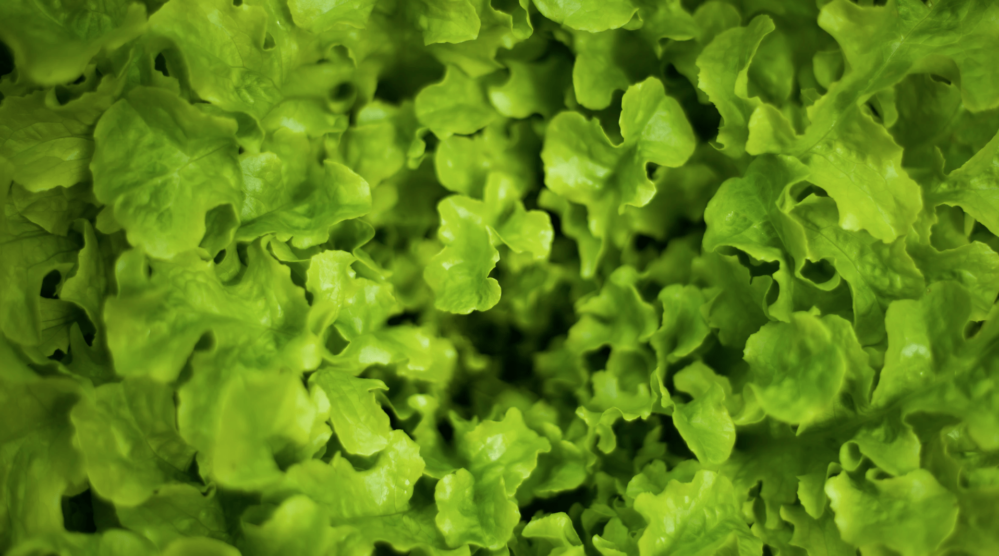US West Coast grocery chain Albertsons today announced a new agreement with indoor farming startup Plenty to stock its vertically grown greens across 430 California store locations.
The produce aisle represents $60 billion in annual sales, making it one of the most powerful categories for grocers. As Covid-19 has disrupted the supply chain, delayed harvests, and emptied store shelves, food retailers have been forced to consider new options for meeting consumer demand. For indoor farming startups, it’s a perfect opportunity to demonstrate how they can fit in among the typical produce aisle offerings.
When demand soared at the beginning of the crisis, the Albertsons merchandising team asked suppliers — including San Francisco-based Plenty — to help ensure its shoppers would have uninterrupted access to quality fresh produce, according to a statement announcing today’s deal. Plenty responded by ramping up production at its indoor vertical farms to bring more products to market amid global food chain disruption.
With 95% of consumers saying they’d be willing to pay more for locally grown products and 21% wanting to eat local at least twice a week, rolling the dice on tech-driven offerings could have a significant pay off for traditional grocers.
“Plenty’s data-driven and sustainable methods are truly innovative, and we look forward to bringing their unique and exciting products to more customers in California as they scale their operations,” said Geoff White, Albertson’s executive vice president of merchandising.
The SoftBank-backed startup’s packaged greens are already available at some of Albertsons-owned Safeway and Andronicos outlets in the Bay Area as part of a trial run. The partners plan to expand the offerings to other Albertsons banners including Vons and Pavilions as supply increases.
In January, Plenty also announced expansion into Bay Area Whole Foods stores.
A maturing space seeks routes to market
In 2019, startups in AgFunder’s Novel Farming Systems category — which includes indoor and vertical farming — raised $745 million in funding, posting some of the biggest year-over-year gains, according to the VC firm’s 2020 AgriFoodTech Investing Report. Investment in the space grew 38%, but with 16% fewer deals, on 2018.
One of the most notable trends in this space lies in startups’ varying route-to-market approaches. As the tech powering their systems reaches new heights, companies are turning their attention on how to get mountains of microgreens and lettuces into consumers’ hands.
Although Covid-19 may help to expedite the connection between indoor farming startups and food retailers, Plenty’s tie-up with Albertsons isn’t the first time a grocer has added indoor farming produce.
In January, catering firm Sodexo announced a partnership with container farming startup Freight Farms to bring the latter’s Greenery container-farm setups to the college campuses that Sodexo services throughout the US.
Last November, US retailer Kroger launched a partnership with German indoor farming startup Infarm to bring its hydroponic growing technology to two of its Quality Food Centers locations in Washington state. The goal is to provide shoppers with more eco-friendly and fresh seasonal produce, according to Kroger.
Other US grocery retailers dabbling in the indoor farming space include Rouses‘ rooftop aeroponic garden on one of its New Orleans store locations, and H-E-B’s on-site converted shipping container at its Central Market branches. Hy-Vee has also offered “ultra-local” produce harvested from hydroponic grow walls located outside and inside of its produce department.





